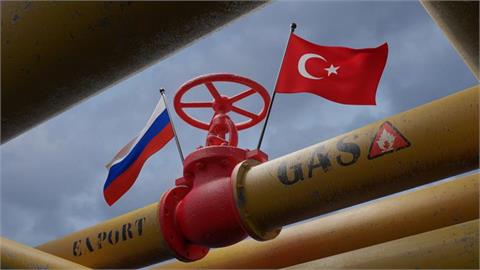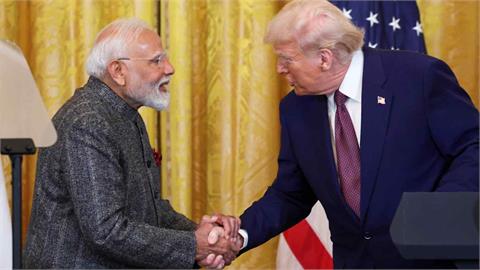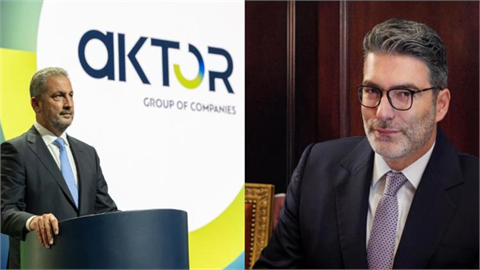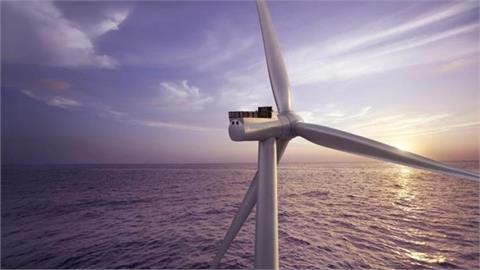This type of decision would require firm guarantees of feedstock (gas) supplies and a serious marketing strategy for future products as Kazakhstan’s domestic market would not be able to consume large volumes of polyethylene.
The government of this oil-and-gas-rich Central Asian republic fully understands the necessity of developing its own gas-to-chemicals industry in order to avoid its dependence on oil prices and to shed the image of only being a petrostate.In terms of developing a national gas-to-chemicals industry, Astana is pinning its hopes on an integrated gas chemical complex in Atyrau.
Any talk of it being put into operation has, however, been an on-again and off-again process over the last decade due to protracted and often fruitless discussions regarding the Atyrau project’s lack of the raw materials.
When the discussions began in 2008, the only potential supplier of the required volumes of materials was the massive Tengiz oilfield. The developer, TengizChevrOil, had its own plans for the associated gas, which was needed to maintain the formation pressure, so it was injected back into the formation. Due to the high oil prices at the time, TengizChevrOil’s needs were given precedence over the Atyrau project.
The severe lack of infrastructure for the future GCC has hampered talks and kept foreign investors away from investing. For the project to function normally, reliable roads, heat, power and water supplies, as well as a technical gas plant, a water conditioning plant, a water treatment plant, and a fire station are needed.
It wasn’t until recently and after having set up a special economic zone in the area that the Kazakh government has started to make serious investments towards the creation of suitable infrastructure for the project.
There was renewed hope in May 2017 that the Atyrau GCC would finally be built. Kazakhstan’s limited liability partnership and a subsidiary of KazMunaiGaz, The United Capital Company, and UAE’s company Mubadala met at the Kazakh Foreign Affairs Ministry and signed a memorandum on cooperation in the gas-to-chemicals field, which provided for the implementation of the long-awaited project.
Right after the signing ceremony, the Kazakhstan’s Energy Minister Magzum Mirzagaliev announced to the media that the parties would first discuss the financial model of the project before moving on to beginning the calculations.
The Kazakh side had then expressed hope that once all the calculations were done, the UAE company would make a decision to join the project.
At the time that the project was estimated at $5-$6 billion dollars, with the construction taking between 3-4 years. According to Mirzagaliev’s information at the time, the future annual capacity of the plant was planned at 800,000 tonnes of polyethylene.
Arab Money and Austrian Technology
Today, the sources at the ministry of energy of Kazakhstan say that the agency is in discussion with the Arab partners about a possible increase of the Atyrau GCC’s annual capacity of polyethylene a year. According to the sources, this signals the willingness of Mubadala to support its participation in the project with new cash injections.
"The confidence of the representatives of Mubadala is based on close cooperation with the Austrian company Borealis, a European leader in the production of polymers. The Austrians have promised to take Kazakhstan-made polypropylene to the markets of Russia and Eastern Europe, thus ensuring its guaranteed sale,” – an informed source from the ministry of energy privy to the details of the proposed project told New Europe.
Aware of its worth, Borealis, however, has insisted on a number of conditions that the Kazakh side accepted without any negotiation. Those conditions included tax stability, the free export of capital, and special foreign workforce conditions.
The Kazakh Energy Ministry has promised its support, while the United Chemical Company, Mubadala and Borealis signed a document creating a joint venture.
The three partners will begin developing a project feasibility study by the end of this year.
"In addition to construction of a polyethylene plant, the ministry of energy discussed a $2.5 billion project for the production of 500,000 tonnes of polypropylene a year. It is just as important a project, for which Kazakhstan needs a reputable international gas-to-chemicals specialist as its strategic partner and why the country has proposed to Borealis that it join the polypropylene project in the capacity of a shareholder with a 40% to 50% holding,” the source said.
The source also confirmed that the issue of feedstock was fully resolved for both projects as TengizChevroil has guaranteed gas supplies without compromising its oil production expansion plans.
"The Borealis technology allows for easily managed flows of fractions, which will be extracted from the associated gas. These technologies can easily capture propane and ethane. The remaining volumes of "dry” gas will be returned to Tengiz for re-injection,” the source explained.
The United Chemical Company, Mubadala, and Borealis are scheduled to start the implementation of the two projects next year.
The Atyrau GCC project was undertaken to produce polyethylene which is in high demand in the world markets. It has a wide range of applications including construction, medicine, machinery, packaging, and household items.
Mubadala is a UAE investment and development company operating in the energy sector, especially in petro-chemistry. Borealis is a leading manufacturer of polyethylene and polypropylene in Europe. Its officers are mainly located in Belgium, Austria, Germany, Finland, and Sweden, but also has production facilities and joint ventures in Brazil, the US, and UAE.
https://www.neweurope.eu/article/kazakhstan-austria-mull-atyrau-gcc-project-development/



